There’s a direct correlation between supply chain risk management and insurance, which is a key instrument for mitigating harmful impacts resulting from any potential disruptions.
The integration of insurance into supply chain risk management soothes risks of potential financial losses and ensures business continuity in case of any unexpected disruptions. Insurance coverage can help mitigate these risks by providing compensation for losses incurred due to supplier disruptions.
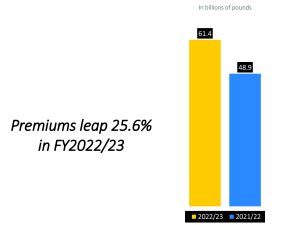
The role of insurance in supply chain risk management is not confined to providing financial protection against potential losses, but rather it enhances the strength of the supply chain by identifying, analysing, and mitigating potential risks. Insurers conduct risk assessments to identify vulnerable parts within the supply chain.
In today’s globalised economy, supply chain management plays a crucial role in the success of businesses. It involves the coordination and integration of all activities involved in sourcing, procurement, production, and logistics to ensure the smooth flow of goods and services from suppliers to customers.
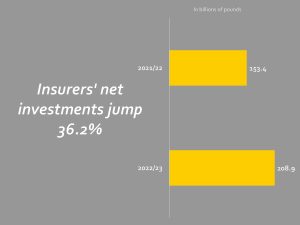
However, with the increasing complexity and risks associated with supply chains, it is essential for businesses to have insurance coverage to protect themselves from potential losses. Insurance provides financial protection against unforeseen events that can disrupt the supply chain. Natural disasters, such as hurricanes or earthquakes, can damage production facilities or disrupt transportation networks, leading to delays in deliveries and increased costs. With insurance coverage in place, businesses can recover their losses and continue operations without facing significant financial setbacks.
Insurance for supply chain management can also enhance business continuity planning. By having comprehensive insurance coverage in place, businesses can better prepare for potential disruptions and develop contingency plans to minimize their impact on operations.
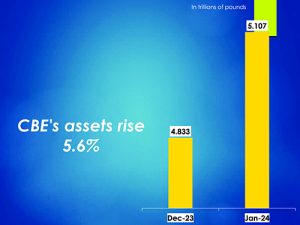
Moreover, it helps businesses manage risks associated with supplier relationships. Companies rely on a network of suppliers to source raw materials and components for their products.
Paid claims jump 31.3% in 2023
Paid insurance claims jumped by 31.3 per cent, year-on-year, to LE35.085 billion in 2023, up from LE26.72 billion a year earlier, according to data from the Financial Regulatory Authority (FRA).
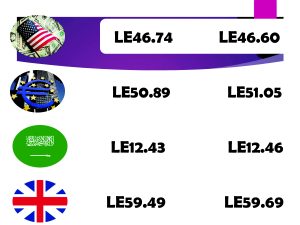
Commercial paid claims surged by 31.4 per cent, year-on-year, to LE31.5 billion in 2023, up from LE23.9 billion a year earlier. Takaful paid claims rose by 30.7 per cent, year-on-year, to LE3.57 billion in 2023, against LE2.7 billion in 2022, according to FRA data.
Takaful insurance is a type of Islamic insurance that operates on the principles of mutual cooperation, shared responsibility, and solidarity. It is based on the concept of social solidarity and mutual assistance, where participants pool their resources to help each other in times of need.
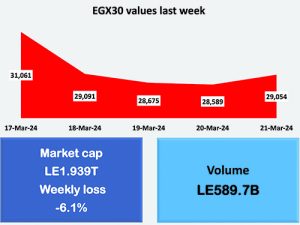
Life paid claims rose by 13.3 per cent, year-on-year, to LE18.3 billion in 2023, up from LE16.18 billion a year earlier. Non-life paid claims leaped by 59 per cent, year-on-year, to LE16.75 billion in 2023, up from LE10.54 billion in 2022, according to FRA data.
Life and nonlife paid claims totaled LE1.21 billion and LE2.9 billion, respectively, in December 2023, according to FRA data.
Commercial and takaful paid claims stood at LE3.5 billion and LE654.5 million, respectively, in December, according to FRA data.
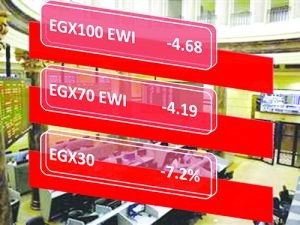



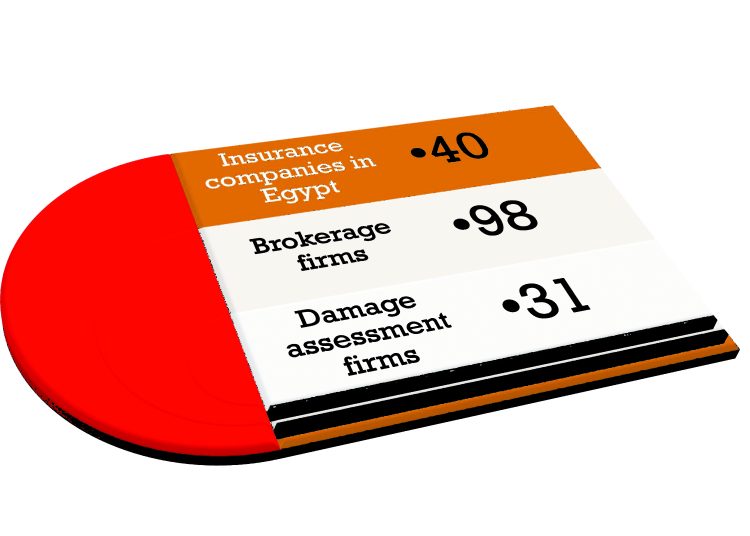


Discussion about this post